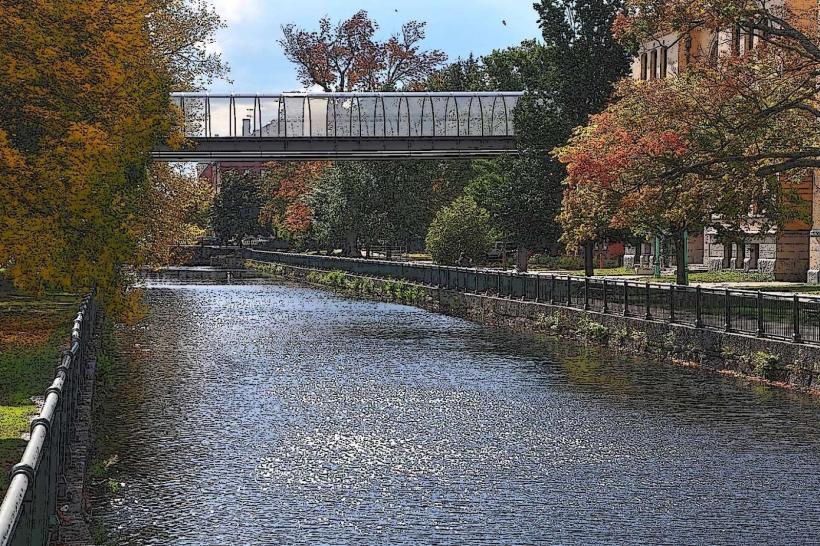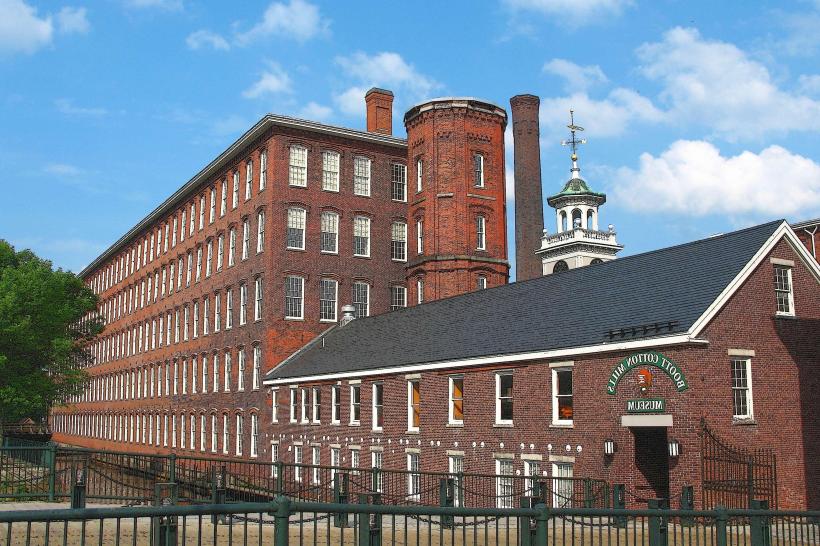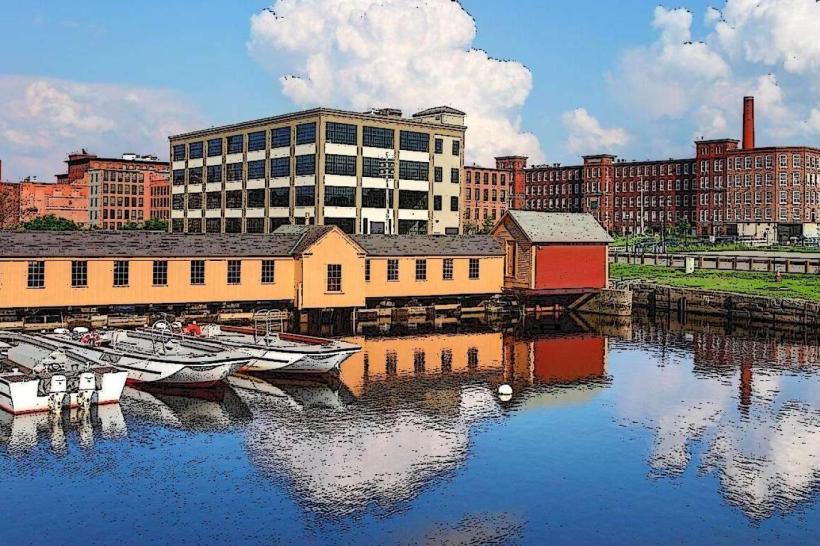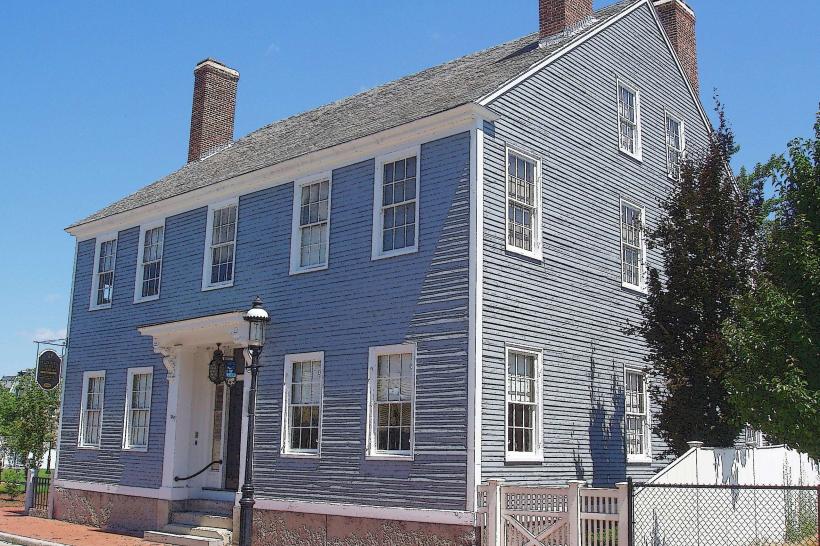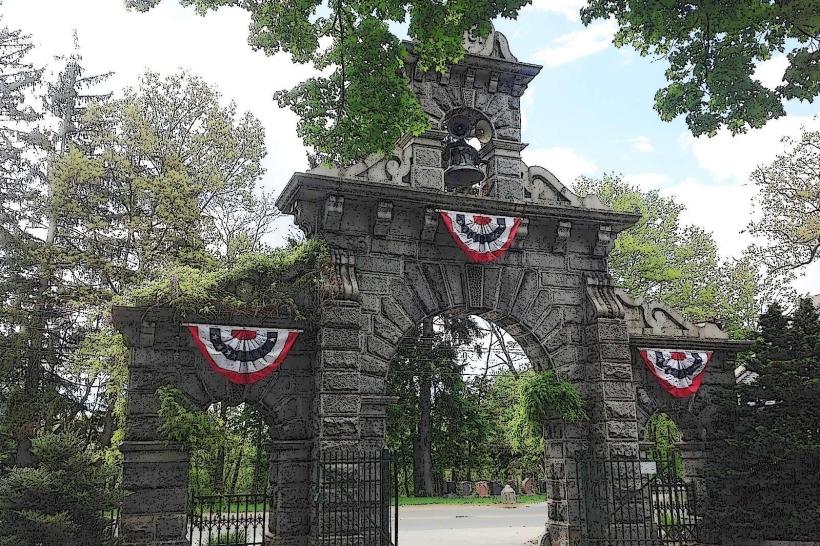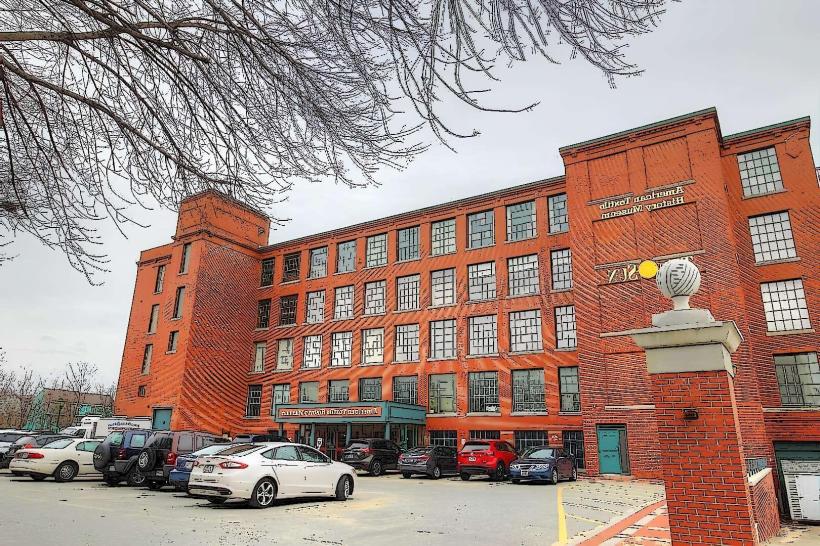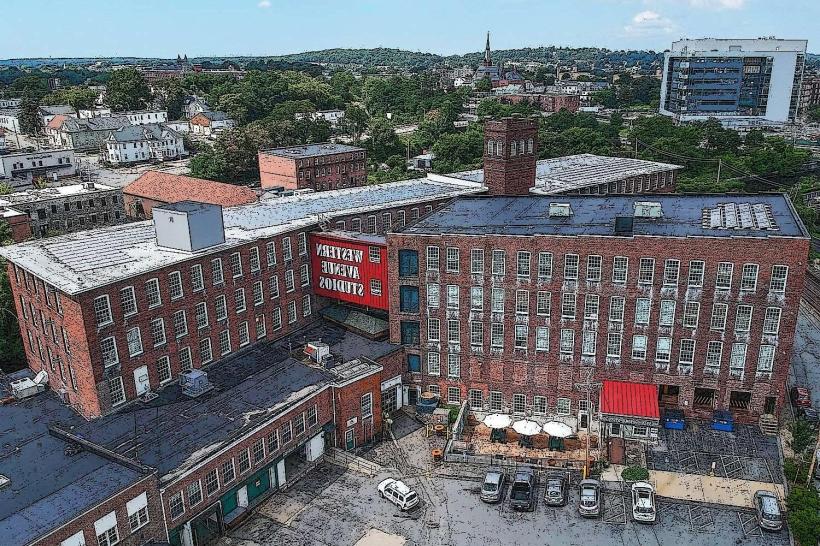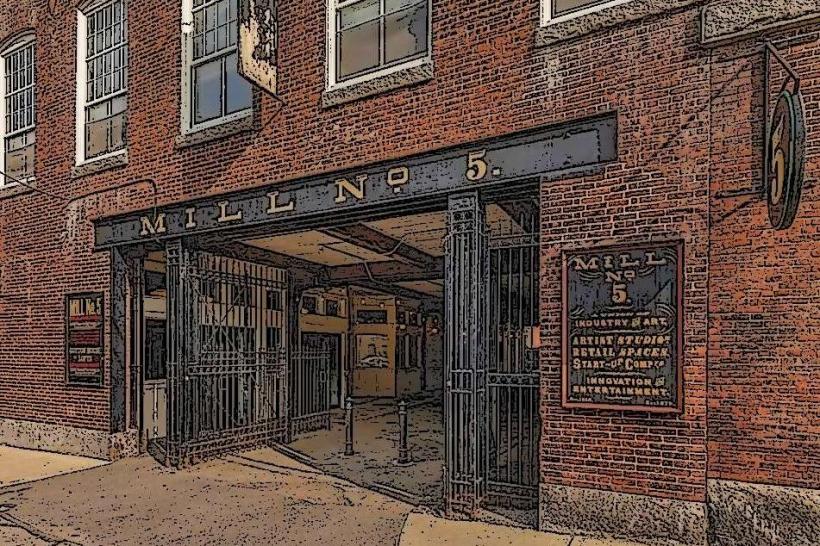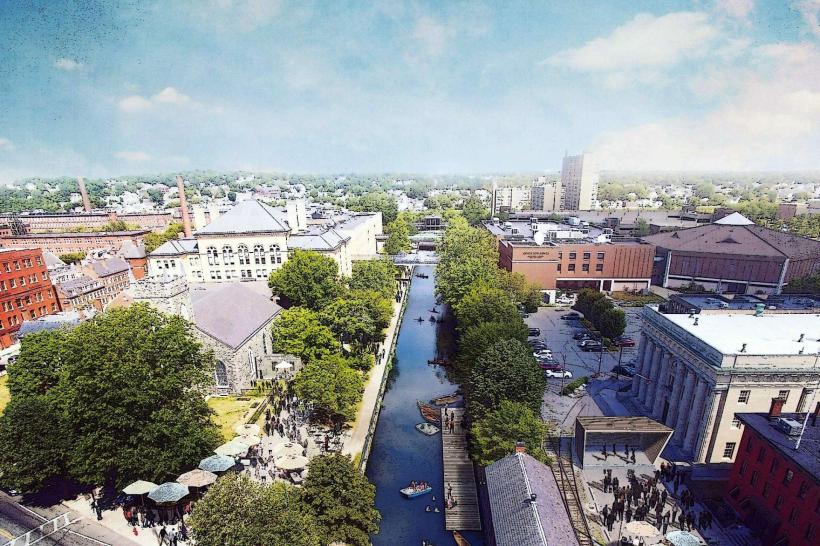Information
City: LowellCountry: USA Massachusetts
Continent: North America
Lowell, USA Massachusetts, North America
Lowell is an independent city in Middlesex County, situated at the confluence of the Merrimack and Concord Rivers. It is recognized as the Cradle of the American Industrial Revolution, defined by its massive complex of 19th-century textile mills, its sophisticated canal system, and its modern identity as a diverse, post-industrial hub for education and the arts.
Historical Timeline
Inhabited by the Pennacook people for centuries. Primary governance eras include its 1826 founding as a planned industrial town and its 1836 incorporation. A critical historical event was the 1820s development of the Lowell Power Canal System, which harnessed the 30-foot drop of the Pawtucket Falls to power the nation’s first large-scale integrated cotton mills. The late 19th century was defined by the "Lowell Mill Girls" and later waves of European and Southeast Asian immigrants. After a mid-20th-century decline, it became the first urban national park in 1978, sparking a revitalization centered on historical preservation and the University of Massachusetts Lowell.
Demographics & Population
The population is approximately 115,000. The demographics are White (43%), Asian (21%-specifically the second-largest Cambodian-American population in the U.S.), Hispanic or Latino (20%), and Black or African American (9%). It is a working-class, high-density city with a significant student population and a thriving Southeast Asian cultural core.
Urban Layout & Key Districts
Lowell is characterized by its red-brick mill architecture and over 9 km (5.6 miles) of operational canals.
Downtown / Hamilton Canal: The historic core featuring converted loft apartments, museums, and the primary commercial district.
The Acre: A historic gateway neighborhood for successive immigrant groups, known for its Greek and Irish heritage.
Cambodia Town (Lower Highlands): The cultural and commercial heart of the Cambodian community, centered on Middlesex Street.
Belvidere: An affluent residential neighborhood in the eastern sector featuring Victorian mansions and large estates.
Centralville: A high-density residential area located across the Merrimack River to the north.
Top City Landmarks
Lowell National Historical Park: A multi-site park including the Boott Cotton Mills Museum and canal boat tours.
Lowell Memorial Auditorium: A 1922 landmark venue hosting major concerts, boxing matches, and civic events.
LeLacheur Park: A minor-league baseball stadium situated on the riverbank.
Whistler House Museum of Art: The birthplace of painter James Abbott McNeill Whistler.
Jack Kerouac Park: A commemorative space dedicated to the Lowell-born Beat Generation author, featuring granite monoliths inscribed with his work.
Tsongas Center: A multi-purpose arena home to UMass Lowell River Hawks hockey.
Transportation Network
Movement is serviced by the LRTA (bus system) and the MBTA Commuter Rail (Lowell Line) connecting to Boston’s North Station. The city is accessed via US-3 and the Lowell Connector. Commercial air service is via Logan International (BOS) or Manchester-Boston Regional (MHT). Ride-sharing is universal. Traffic density is high in the downtown core due to narrow historic streets and the presence of numerous bridges crossing the canals and river.
Safety & "Red Zones"
The general safety level is moderate. Property crime, specifically "theft from auto" and residential burglary, is the primary concern. Caution is advised at night in parts of The Acre and certain sections of the Lower Highlands/Back Central, which experience higher rates of narcotics activity and localized violent crime. There are no officially designated "red zones," but the areas surrounding the North Common can be prone to vagrancy. Common scams involve fraudulent "immigration assistance" services targeting the city's large foreign-born population.
Digital & Financial Infrastructure
Internet speeds average 500+ Mbps with fiber availability via Xfinity and Verizon Fios. Main mobile carriers are Verizon, AT&T, and T-Mobile. Card acceptance is universal. ATMs are concentrated in the Downtown and Centralville commercial hubs.
Climate & Air Quality
Temperatures range from -6°C to 2°C in winter and 18°C to 28°C in summer. The Merrimack River valley can experience high humidity and occasional river flooding during spring thaws. Air quality is moderate, primarily impacted by regional traffic and the city's high-density urban footprint.
Culture & Social Norms
The standard tipping percentage is 18–25%. A handshake is the standard greeting. Dress codes are "Urban-Casual" or "Academic." The city is culturally defined by its "Mill Power" heritage, its world-class Southeast Asian cuisine, and its status as a literary destination for fans of Jack Kerouac.
Accommodation Zones
Downtown: Recommended for historic loft-style hotels and proximity to the National Park.
Chelmsford / US-3 Border: Recommended for standard national hotel chains and easier highway access.
Local Cost Index
1 Espresso: $4.25 (USD)
1 Standard Lunch: $18.00 (USD)
1 Commuter Rail Fare (to Boston): $10.50 (Single).
Nearby Day Trips
Nashoba Valley Ski Area: (15 km west).
Lexington & Concord: (20 km south; Revolutionary War history).
Merrimack Premium Outlets: (25 km north in New Hampshire).
Facts & Legends
Lowell was the first planned industrial city in the United States. Historically, the "Lowell Offering" was the first journal in the world written solely by women (the Mill Girls). A local legend involves the "Phantom of the Boott Mills," a rumored spectral figure associated with the hazardous conditions of 19th-century textile production. Another legend concerns "Kerouac’s Hidden Manuscript," a rumored unpublished work hidden somewhere in his childhood neighborhoods.

